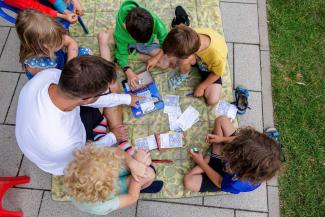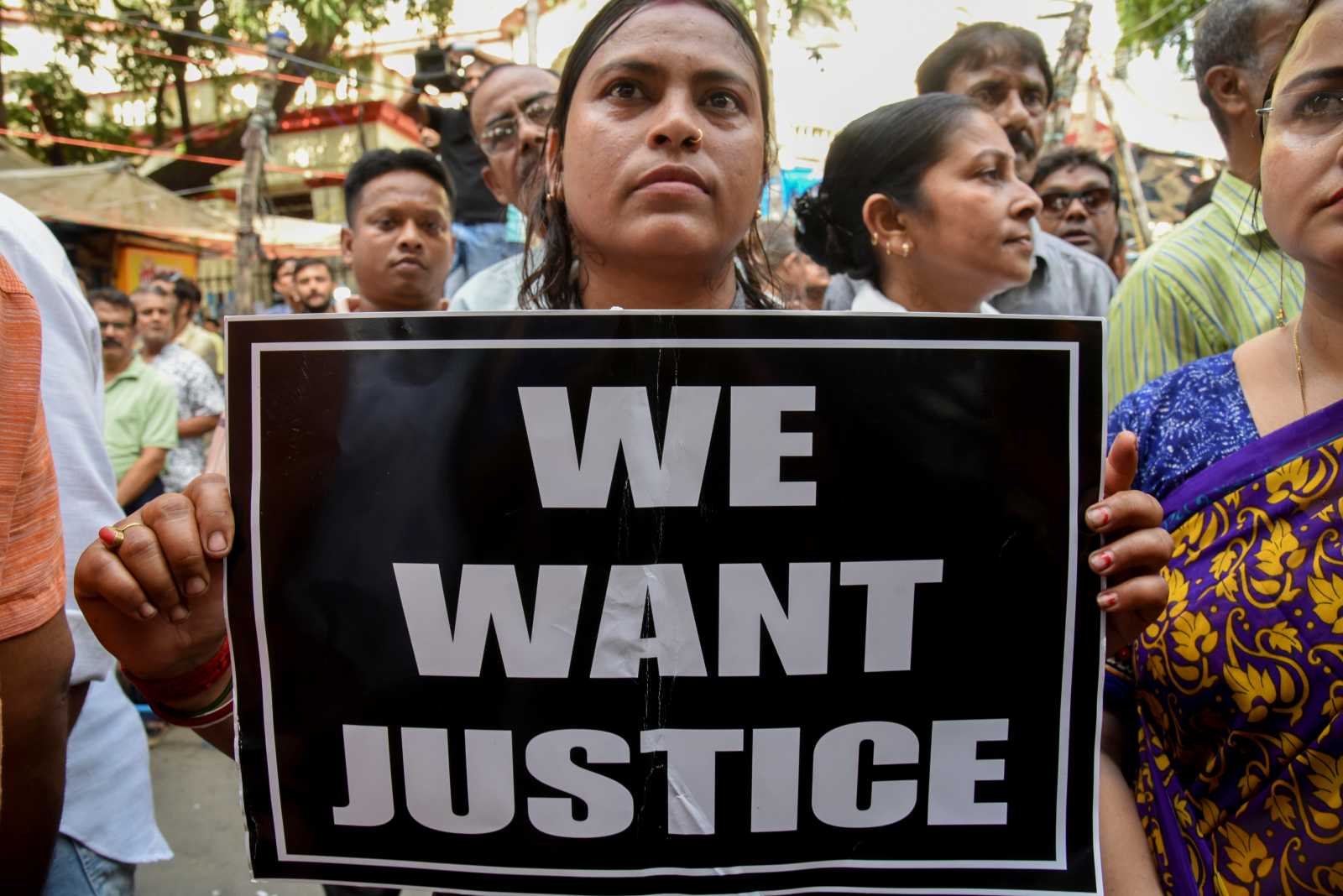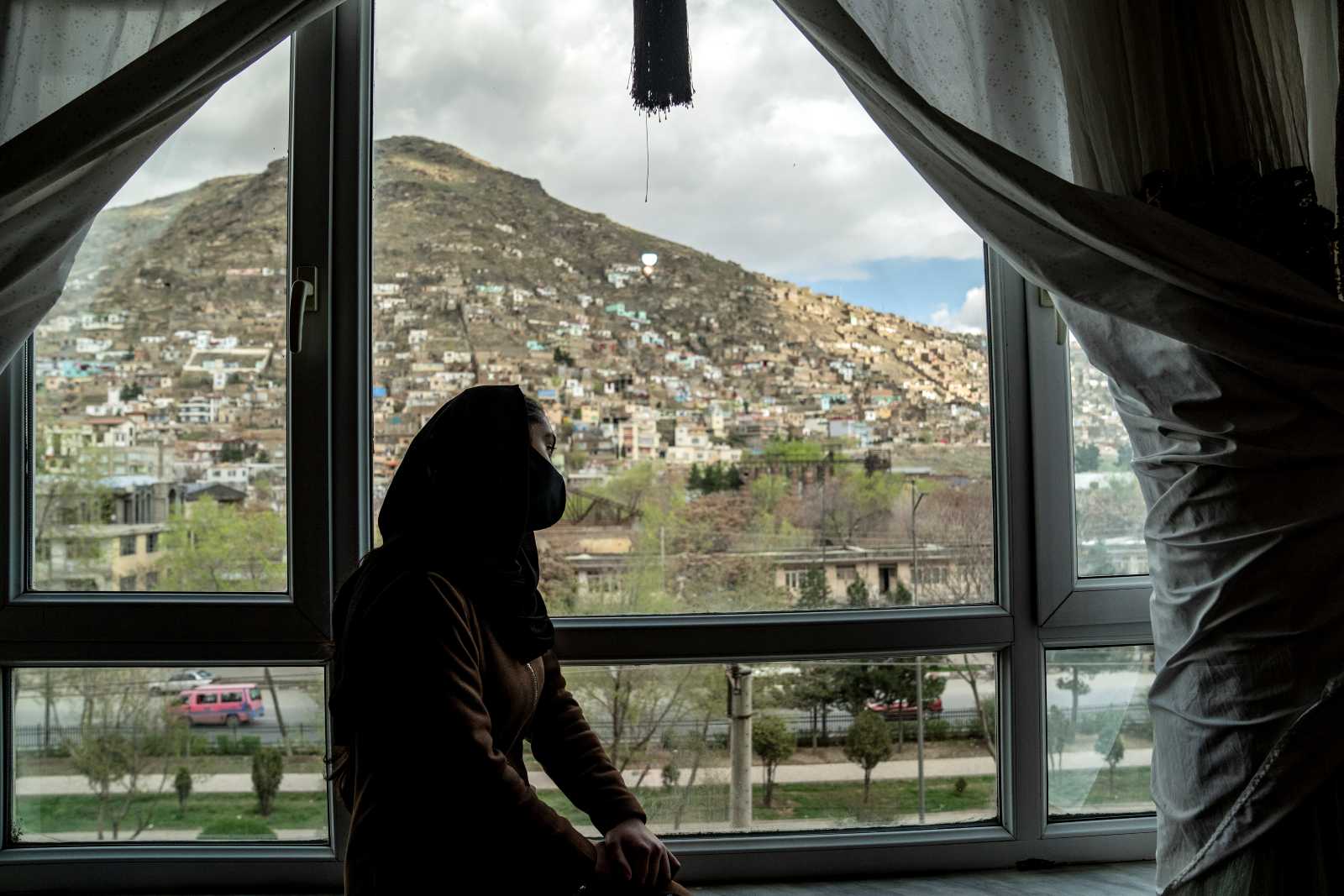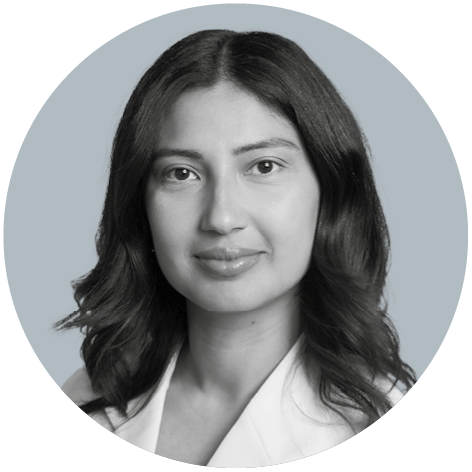Children
Why pre-school education matters

In high-income countries families tend to be small, so children do not have many siblings to play with. They benefit from interaction with peers, which they get a lot of in a daycare centre. The peers they meet share their interests, they learn to cooperate and how to build relationships.
Many people live in urban settings with limited opportunities for kids to spend time outside. A good daycare centre has outdoor facilities where the young clients can play, run around and climb on a jungle gym. This is good for their physical and mental health.
Many parents need two incomes. Accordingly, they need a place where they know their offspring is taken good care of while they are doing paid work. In public debate, the need to liberate women to pursue a career in spite of having children is often emphasised, though conservatives often expressed the fear that this means that mothers will neglect their children. The general experience, however, is that it does not hurt the young ones to be separated from their parents for some time every day and that they get used to it fast. They need their moms and dads, but not all the time. Extended regular exchange with persons of their own age group is very important, however.
Finally, good preschool facilities play an important role in preparing children for school. They stimulate them in many different ways. Telling stories, playing games, painting pictures – all of this teaches kids things that will prove useful later. Kids from migrant families, for example, learn to speak the local language as their second mother tongue. More generally speaking, a well-run daycare centre will offer more options and stimuli than individual parents normally do. Especially children from economically deprived families benefit.
The general experience in all advanced nations is that social inclusion works best if it starts very early in life. In 2013, Germany therefore introduced a right to preschool education from a child’s first birthday on. Enabling mothers to work, of course, is part of social inclusion too.
D+C/E+Z
euz.editor@dandc.eu














